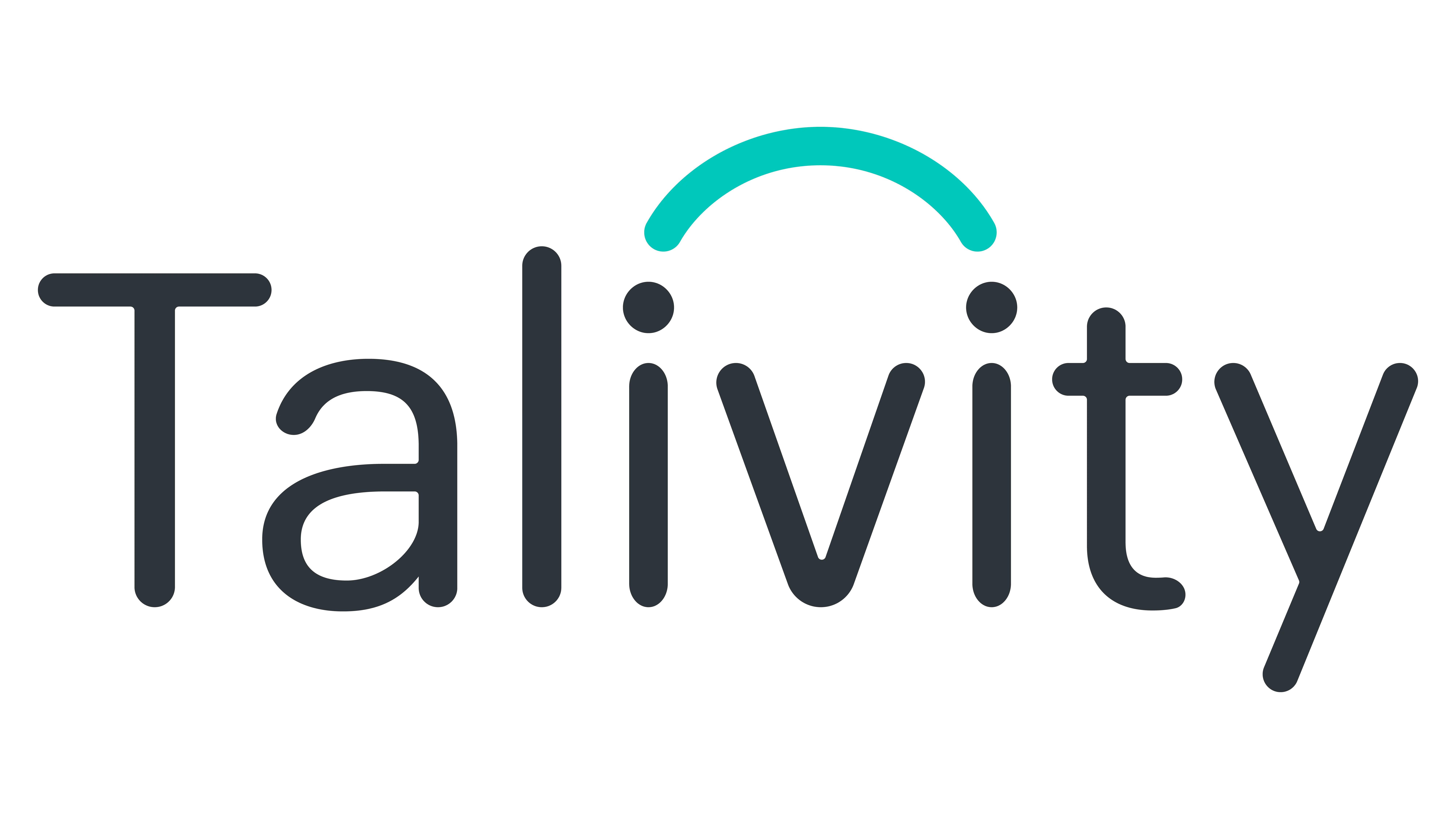Find the right solution for your business.
Explore SolutionsChange is the only constant—and lately it seems like it’s happening at an increasing rate. The hiring landscape is no different and it isn’t slowing down any time soon. As someone who has been in marketing management roles involved in hiring decisions for over 10 of my 15+ year career, I’ve seen the hiring landscape evolve drastically, and employer branding strategies with them.
During my time as president of a marketing agency where I was involved in nearly every hiring decision, I always tried to lead with a people-first mentality. If you understand what people want, you can understand what your team wants. The trend of years past will continue—employees want to be seen as humans first and workers second.
Preparing for the future requires understanding the present landscape. How can you keep your employer branding strategies current when you can barely keep up with the changes?
By decoding the trends of today, we can peer into the crystal ball of tomorrow. Let’s explore the key factors that will redefine recruitment and employer branding strategies as we step into 2025.
1. The Rise of Recruitment Empathy
When recruitment tech and automation first emerged, they saved time on sourcing and screening. But, in the drive for efficiency, personal interactions frequently got sacrificed. As these technologies became widespread, many implemented them poorly, leading to more transactional and robotic hiring processes.
One of my best hires almost didn’t make it through our filtering process because he opted to write a haiku instead of a more traditional cover letter. It was perfect for the copywriting role he applied for, but not the automated process. Without the human element, we would have missed out.
Ironically, innovations like AI can now bring back the human touch at scale. Recruiters will focus more on understanding candidate aspirations versus just qualifications. Hyper-personalization, transparent communication loops and conveying genuine interest will be key. The human relationships built will determine who accepts those job offers.
Your hiring process is part of your employer brand. Set up recruitment tech and automation thoughtfully, with the candidate experience in mind. Train systems to emulate human interactions as much as possible. Never lose sight of the humans behind each data point.
2. Conscious Recruiting for a Better World
Gen Z is coming. And they want to save the world, not just make money. They expect companies to aim higher than just profits, wanting their work to align with their values. Ethics, transparency and societal impact will take center stage in hiring conversations.
Companies will need to walk the talk and back up branding with tangible action in areas like DEI, sustainability and social impact. Showcase partnerships, corporate accountability and community engagement initiatives.
Authenticity is key here—Gen Z can see through vapid platitudes.

As millennials and Gen Zers become hiring managers themselves, shared ethical values will trump culture fit. Job seekers will scrutinize workplace culture as much as career growth potential.
Update your strategies across channels to authentically reflect corporate values and culture. Emphasize DEI, sustainability and social impact efforts through stories of real employees and community partners. Values-based recruiting requires values-based branding.
3. People First, Employees Second
Candidates now assess emotional support alongside compensation. Flexibility, mental health benefits and generous leave will be dangled as carrots to attract talent.
Branding will highlight community, work-life balance and emotional wellness programs. Perks like meditation spaces, counseling and self-care stipends will earn companies a competitive advantage.
These don’t even have to be major shifts in your operations. Although we were a very small agency, we were still able to offer free visits with therapists through our tele-health benefits.
Showcase mental health programs in employer branding. Feature employee testimonials on utilization and impact. With burnout rampant, candidates will assess cultural support for wellbeing before joining. A healthy work environment must be marketed as a core company value.
Workplaces will need to promote human resilience alongside productivity. As tennis champ Naomi Osaka said, “It’s O.K. to not be O.K.”
4. The Age of Agile Careers
Linear career ladders are disappearing. Rigid corporate ladders and hierarchies are being replaced by flexible networks of skills and experiences. Employees will build diverse portfolios of projects, gigs and roles rather than climbing predictable promotions.
Companies will need to rethink how they evaluate and compensate talent. Rather than judging candidates solely on job titles and tenure, skills and capabilities will be assessed independently. Employers must recognize the value of nonlinear career journeys and lateral moves between industries.
Job hopping will be destigmatized as workers seek new learning opportunities. Loyalty and longevity at a single employer will decline in importance compared to adaptability and growth. Self-reinvention through reskilling and upskilling will become the norm.
Work models like fractional employment, polywork and side hustle “micro-preneurship” will gain popularity. Employees increasingly blend diverse income streams rather than relying on a single full-time job. Boundaries blur between personal brand, portfolio career and gig work.
5. The Side Hustle Generation: Embracing Pluralism
The side hustle trend is skyrocketing and it’s not slowing down. With unstable economies, supplementary income provides a financial cushion.
Smart employers will embrace side hustles to attract top talent seeking income diversity. Consider offering asynchronous remote work models, merit-based leave policies and open outside project policies to enable employees to pursue their passions.
Showcase similar perks and real employee stories in your employer branding strategies. The aim is to provide schedule flexibility and skills development opportunities to nurture a multi-hyphenate workforce. Employees want to be seen as whole people with diverse interests, not just workers. Offering policies to support side hustles shows you value their humanity.
6. The Rise of the Generalist: Leveraging AI for Agility
As artificial intelligence continues advancing and automating specialized tasks, generalist employees skilled in integrating AI will be in high demand. With tight budgets, employers will seek talented individuals capable of excelling across diverse disciplines rather than niche experts.
Recruiting efforts should assess candidates’ potential to upskill in AI integration, soft skills like creativity and empathy, and willingness to adapt as business needs evolve.
Today’s generalists will become tomorrow’s leaders. Seek self-starters who are excited by change, rapid learning and opportunities to expand their capabilities. Employer branding should showcase your commitment to continuous training and career development. Branding should highlight reskilling programs for employees to gain cross-functional expertise. Such initiatives signal commitment to nurturing versatile talent.
Conclusion
If change is the only constant, your employer branding strategies should be changing constantly. The workplace of the future will need to emphasize flexibility, humanity and mindfulness. The delicate interplay between technology and humanity, between efficiency and empathy, will define the success of your hiring initiatives in this new era.
It’s about recognizing the multifaceted nature of candidates, understanding their aspirations beyond the job and creating an environment where they can thrive both professionally and personally. It’s about embracing the fluidity of career paths, the passion of side hustles and the transformative power of technology, all while staying grounded in core human values.
Employer branding is a reflection of how a company views its employees, not just as resources but as partners in growth. As the lines between work and life continue to blur, companies that can create a harmonious balance will be the ones that attract and retain the best talent.

